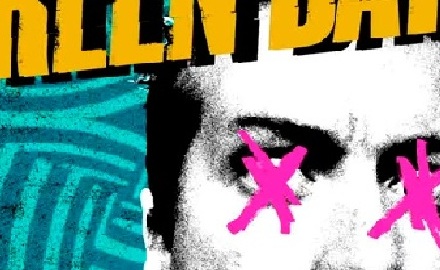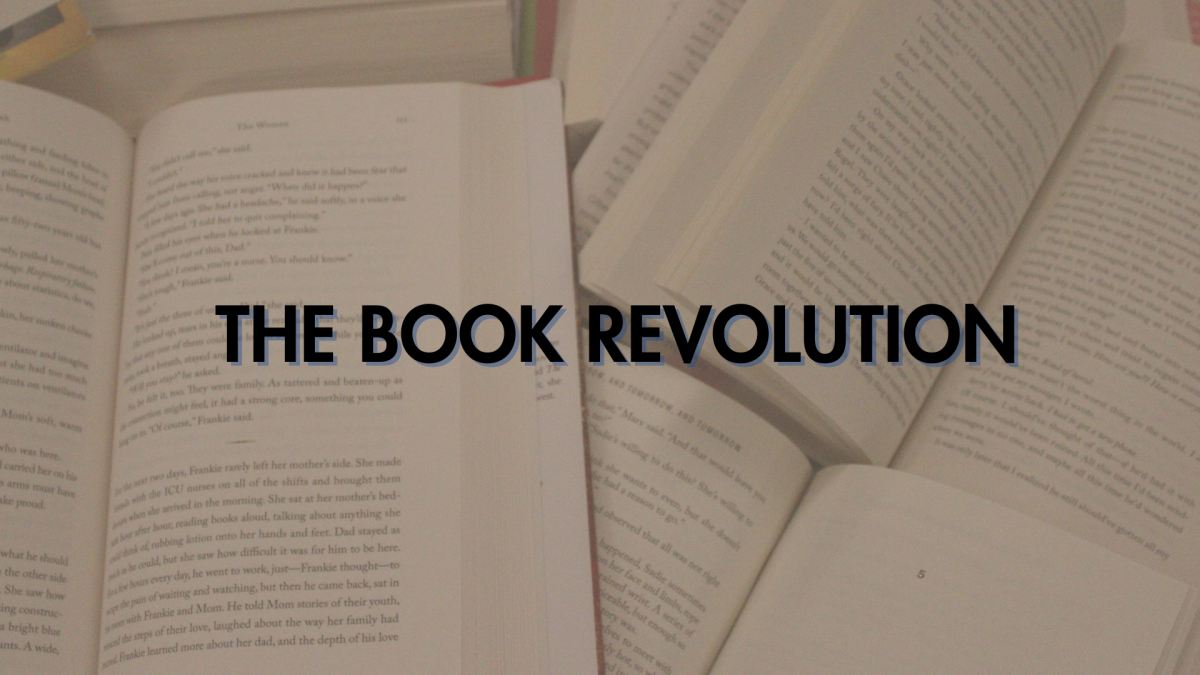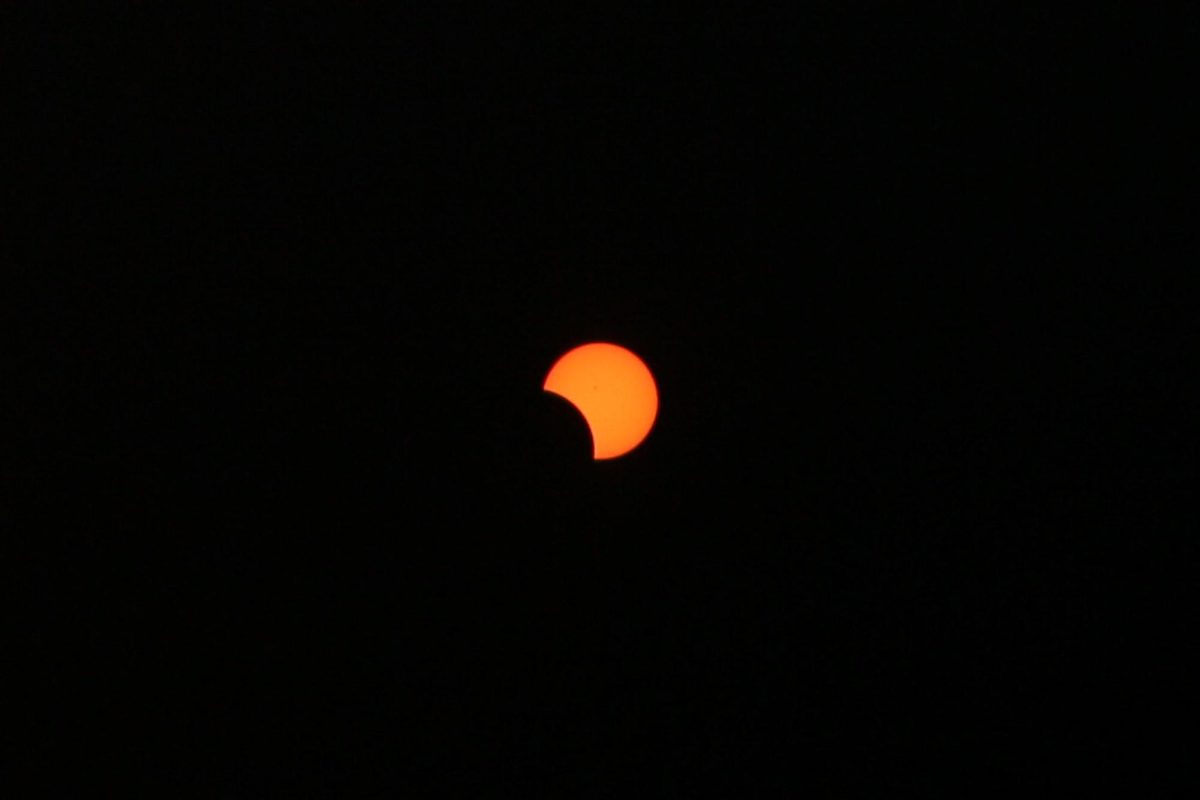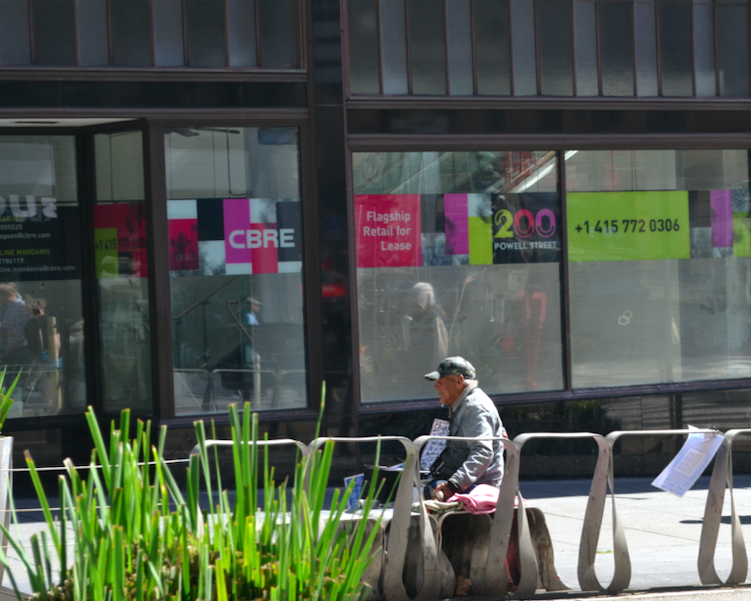Pop punk group Green Day isn’t as green and new as it used to be. The group was formed in 1987, and it’s a miracle that it manages to stay relevant in a generation with such a short attention span.

However, its members are approaching 40, and in a desperate bid to keep their fan base from receding like their hairlines, the band has conceived the Uno-Dos-Tre trilogy, with mixed results. We examine Green Day’s midlife crisis in three acts.
Act Uno:
Enter Green Day, a band seeking to stay on the music scene. Torn between their traditional sound and new melodies, the first installment in their comeback series is experimental at best. “Stay the Night” and “Carpe Diem” adopt a fresh take, but “Kill the DJ” is probably the most successful convergence between the past and present, with its twist on a 70s disco beat. Meanwhile, other songs like “Rusty James” and “Sweet 16” are slow and repetitive.
Almost each track on the album promises solid guitar-driven melodies, with a few choice riffs. While Billie Joe’s lyrics are still good, they’re not at their American-Idiot-glory, and it seems as though “Uno” is coasting on the work of guitarists Mike Dirnt and Jason White. “Well we’re so crazy, you’ve all gone insane / Loss of control, loss of control.” For a loss of control, “Uno” seems rather tame.
Act Dos:
Green Day steps up their game, and they almost step off the precipice in the process. “Dos” does a better job of reaching out to the newer generation of listeners, but almost feels like Green Day is pandering to their younger audience and losing themselves in the process. The album, featuring at least four tracks devoted to a femme-fatale, has a clear theme of tainted love and debauchery. Songs like the intro track, “See You Tonight,” and “Amy” have an indie-retro sound that is good, but is not Green Day at all. The rest of the album does a 180 and assumes an edgier, darker sound. In each track, the melody slides sensually between the major and minor tonalities, but songs like “Makeout Party,” a cacophonous mess, and “Nightlife,” in which the synthesizer phases out Billie Joe’s vocals, obscure Green Day’s identity.
“Dos” is good music almost all the way, with especially solid work by drummer Tre Cool, but it feels unsatisfying for hardcore Green Day fans. It’s still unapologetic, raw and full of energy, but lacks integrity. “Where the hell is the old gang at?” Billie Joe sings in “Rusty James.”
Excellent question.
Act Tre:
Fortunately, this story has a happy ending. After much experimentation, an older and wiser Green Day finds its comeback in “Tre,” an album almost full of instant classics that seems more in touch with itself. Not every song on the album is a standout track, but their music is a nod to the classics while maintaining the essence of Green Day. Most of the album features a soulful, contemplative sound, as in “Brutal Love,” “Drama Queen” and “The Forgotten,” and a lot of it is their musings on life.
All it took was for Green Day to start acting its age. It’s still a great band, it always was; all Green Day needed was the process it underwent to find itself through these three albums. This line from “X-kid” exemplifies the struggles of the trilogy: “And you were searching your soul / And you got lost and out of control.” Green Day, fortunately, finds its way back with Tre. Green Day emerges from this trilogy a classic band, forever relevant.



























